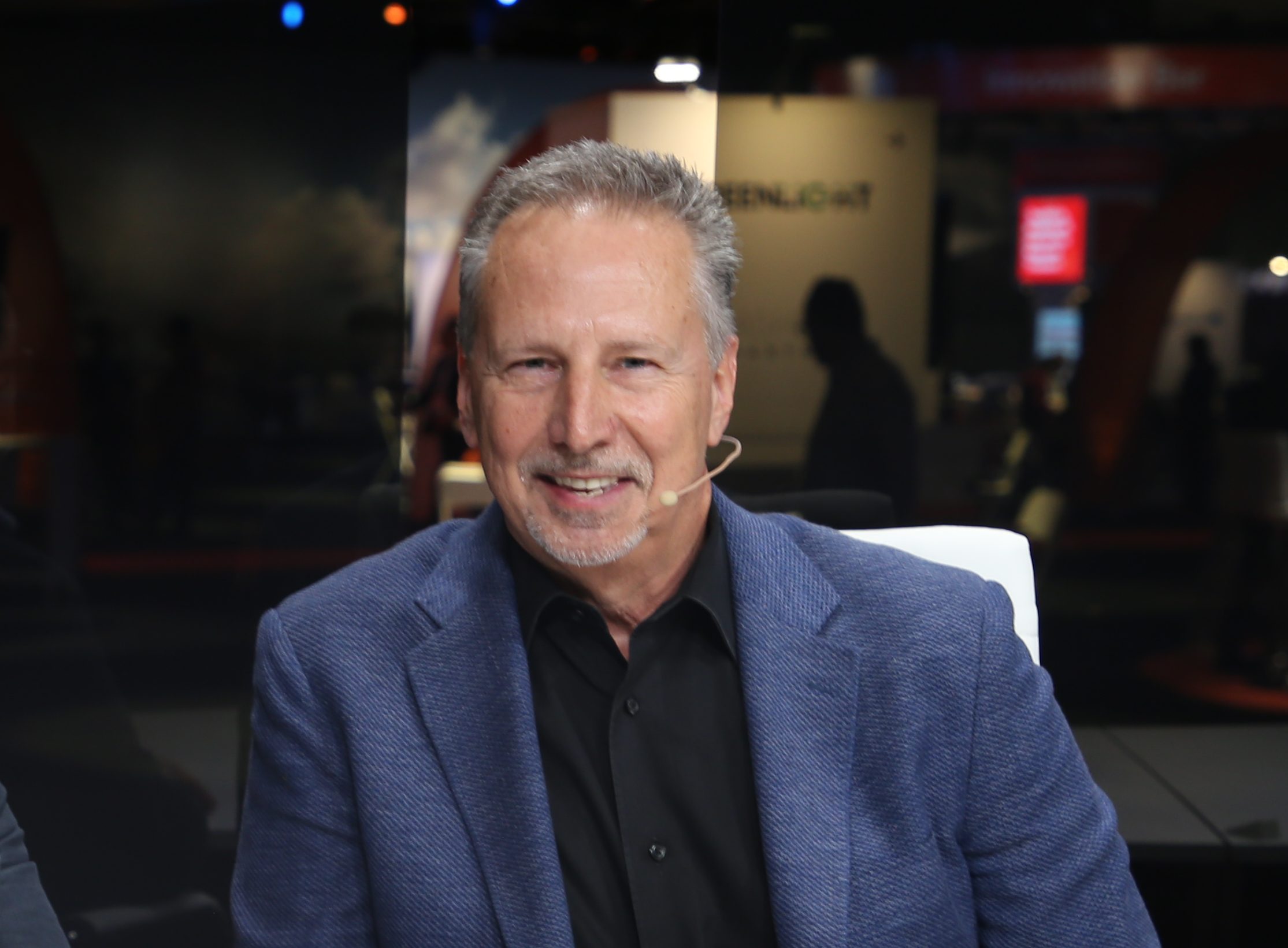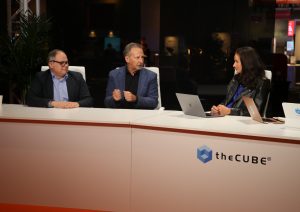 AI
AI
 AI
AI
 AI
AI
Artificial intelligence is reshaping industries by automating repetitive tasks and creating new efficiencies. One of the most exciting developments in AI is the emergence of AI agents, which are driving significant changes in how organizations operate and enabling new levels of human-machine collaboration. But AI agents can’t work alone — rather, they’re part of an integrated ecosystem with APIs and automation in tow.

UiPath’s Mark Geene and Boris Krumrey discuss agentic AI nuances.
“An agent in isolation is useless,” said Mark Geene (pictured, right), senior vice president and general manager of AI product and platform at UiPath Inc. “It might be a prompt and that’s it. So you have to give it these tools, some of which are the applications that it needs to be integrated with. One aspect of why APIs have become so important is that the agents are going to communicate with all your systems of record and your business applications via those APIs to get structured data from other systems.”
Geene and Boris Krumrey (left), vice president of automation innovations at UiPath, spoke with theCUBE Research analyst Dave Vellante and host Rebecca Knight at UiPath Forward 2024, during an exclusive broadcast on theCUBE, SiliconANGLE Media’s livestreaming studio. They discussed the future of work being reshaped by AI agents that can automate entire roles, integrate seamlessly with business systems and operate under strict governance to ensure security and trust. (* Disclosure below.)
Communication with other parts of an organization’s technology stack is intrinsic to the optimal functioning of AI agents. For example, AI agents can both retrieve data and provide structured outputs, such as JSON schemas, to enable them to communicate effectively with other agents, business applications and automation robots. By integrating AI agents into an organization’s API ecosystem, companies can streamline their workflows and enhance the effectiveness of their automation strategies, according to Geene.
“The other aspect of connectivity of an agent is that the agent itself can be invoked via an API,” he said. “The UiPath agents can fit into the whole fabric of an enterprise where APIs are how the ecosystem of applications that an enterprise has and the way they get them to work together. These agents can participate and be called from other applications or other systems or platforms in your enterprise as well.”
The fear of automation replacing human jobs has long been a concern. When RPA was first introduced, many feared it would replace workers. However, the reality is automation and AI agents are more likely to take over specific tasks, rather than replace entire job functions, according to Krumrey.
“We could have an agent that would follow up and check the data, follow up with the human as suggested in context, grounding the entire organization,” he said. “But every agent has an owner. That’s where comes the escalation point in our Agentic Builder. It has an owner, which means if the agent gets stuck, it can contact that person and this person could help and advise.”
One of the most exciting advancements in AI technology is the concept of agentic orchestration, which refers to the coordination of multiple AI agents working together to achieve complex outcomes. This orchestration allows for the seamless integration of human judgment with the speed and efficiency of AI-powered agents, Krumrey added.
“Once we have built one agent and different roles, they have to play with each other and they have to play with humans and so forth,” he said. “That’s what we’re addressing with the agentic orchestration. We’re solving two things right away with our technology.”
Here’s the complete video interview, part of SiliconANGLE’s and theCUBE Research’s coverage of UiPath Forward 2024:
(* Disclosure: UiPath Inc. sponsored this segment of theCUBE. Neither UiPath nor other sponsors have editorial control over content on theCUBE or SiliconANGLE.)
Support our mission to keep content open and free by engaging with theCUBE community. Join theCUBE’s Alumni Trust Network, where technology leaders connect, share intelligence and create opportunities.
Founded by tech visionaries John Furrier and Dave Vellante, SiliconANGLE Media has built a dynamic ecosystem of industry-leading digital media brands that reach 15+ million elite tech professionals. Our new proprietary theCUBE AI Video Cloud is breaking ground in audience interaction, leveraging theCUBEai.com neural network to help technology companies make data-driven decisions and stay at the forefront of industry conversations.